-

-

-

-

-
 Why Choose Stem Cell Therapy Plus ?
Why Choose Stem Cell Therapy Plus ? -
 Diabetes
Diabetes -
 Parkinson's Disease
Parkinson's Disease -
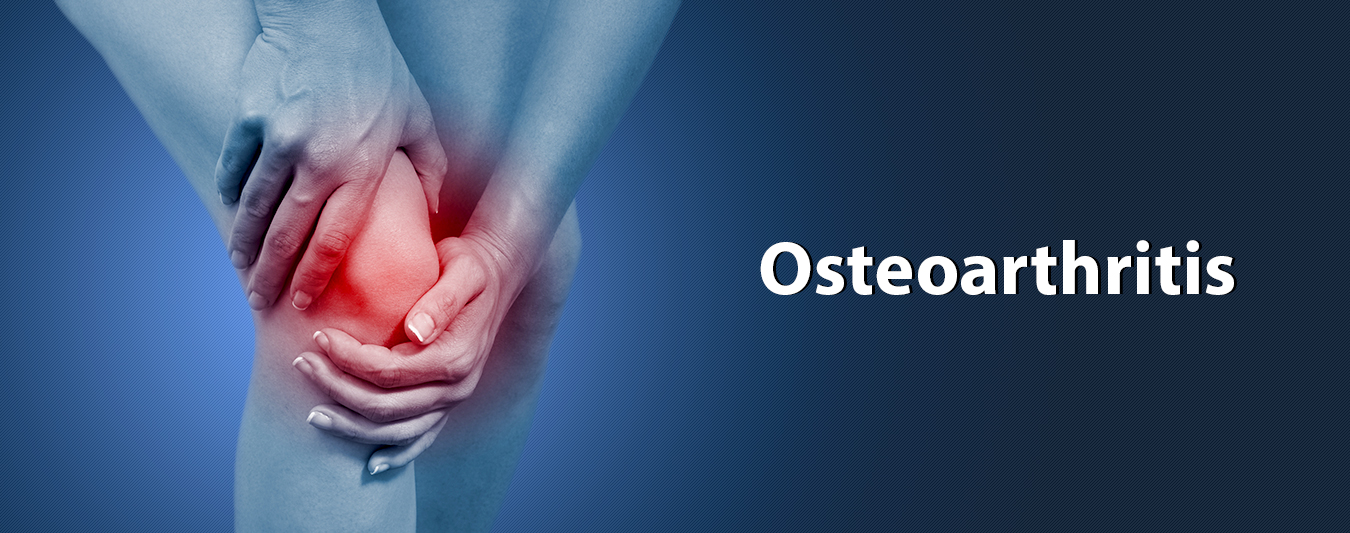
-
 Rheumatoid Arthritis
Rheumatoid Arthritis -
 Multiple Sclerosis
Multiple Sclerosis -
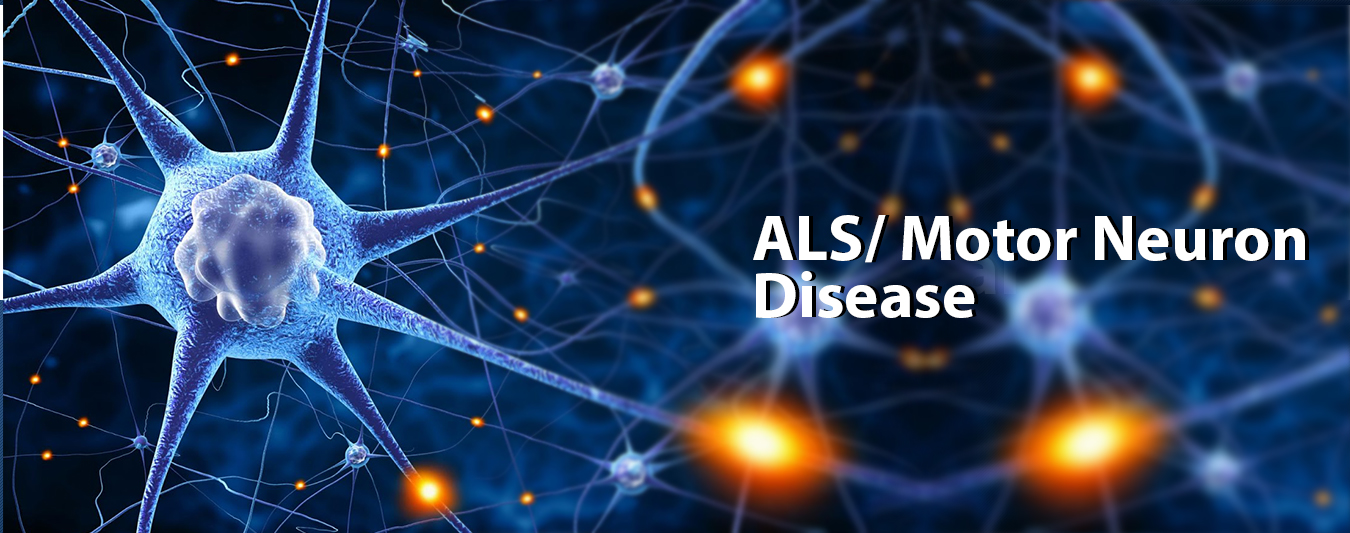
-

-

-
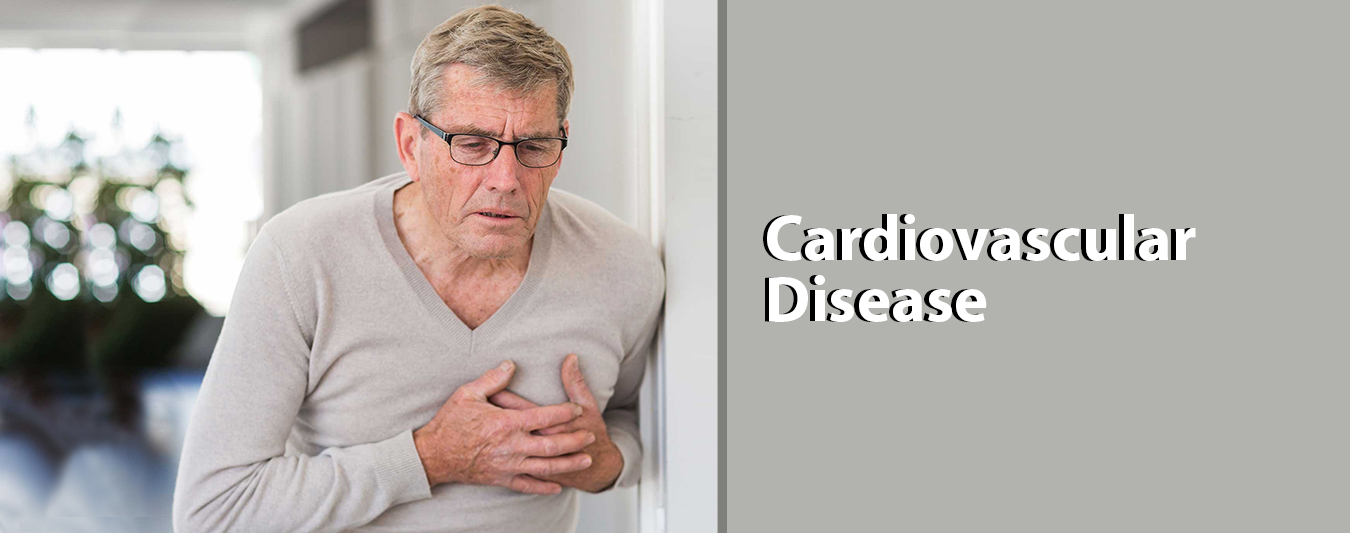
-
 Tinnitus/ Hearing Loss
Tinnitus/ Hearing Loss -

-
 Spinal Cord Injury
Spinal Cord Injury -
 Stroke
Stroke -
 Cerebral Palsy
Cerebral Palsy -
 COPD/ Lung Disease
COPD/ Lung Disease -
 Muscular Dystrophy
Muscular Dystrophy -

-
 Macular Degeneration
Macular Degeneration -

-
 Chronic Fatigue
Chronic Fatigue -

-

-

-
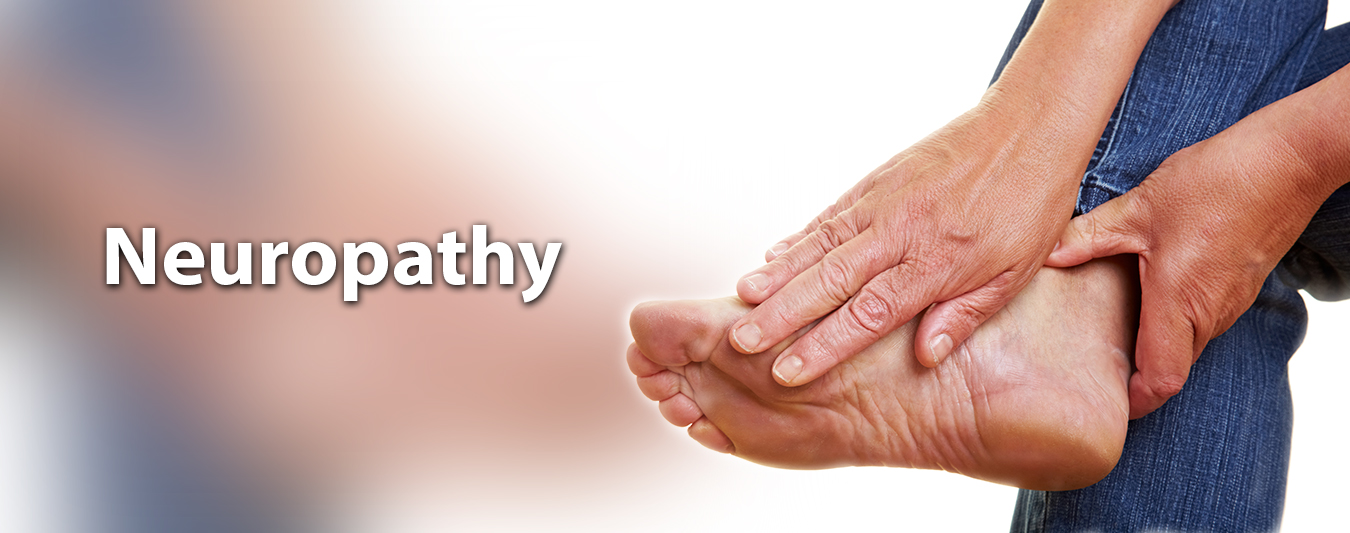
-

-

-
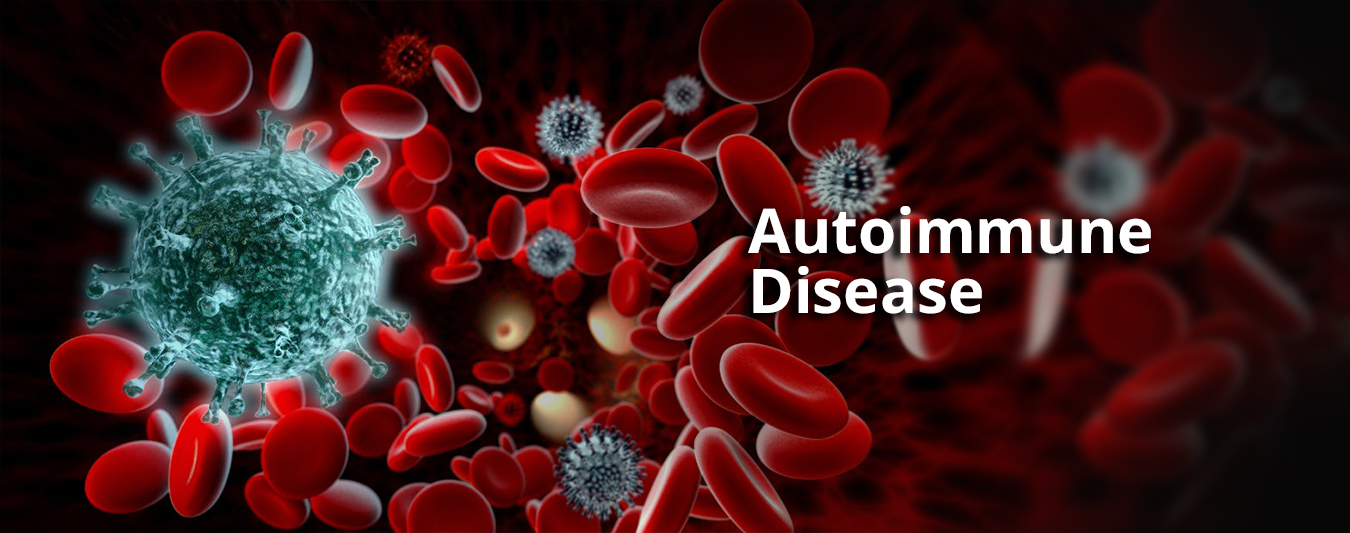
-
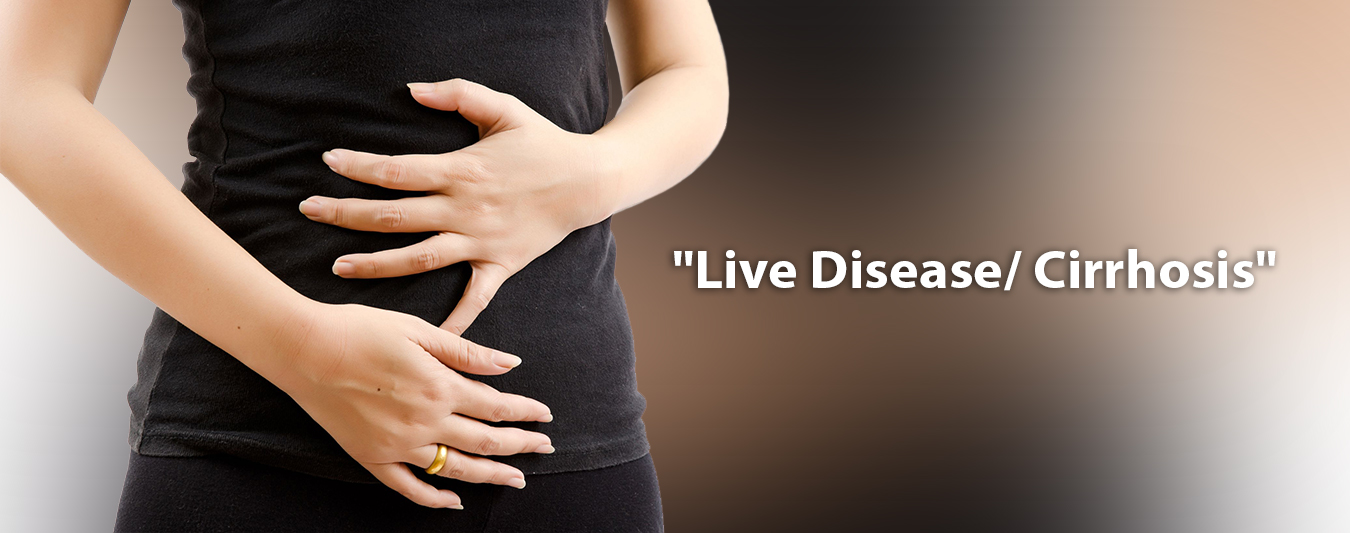
-

-

-

-

-
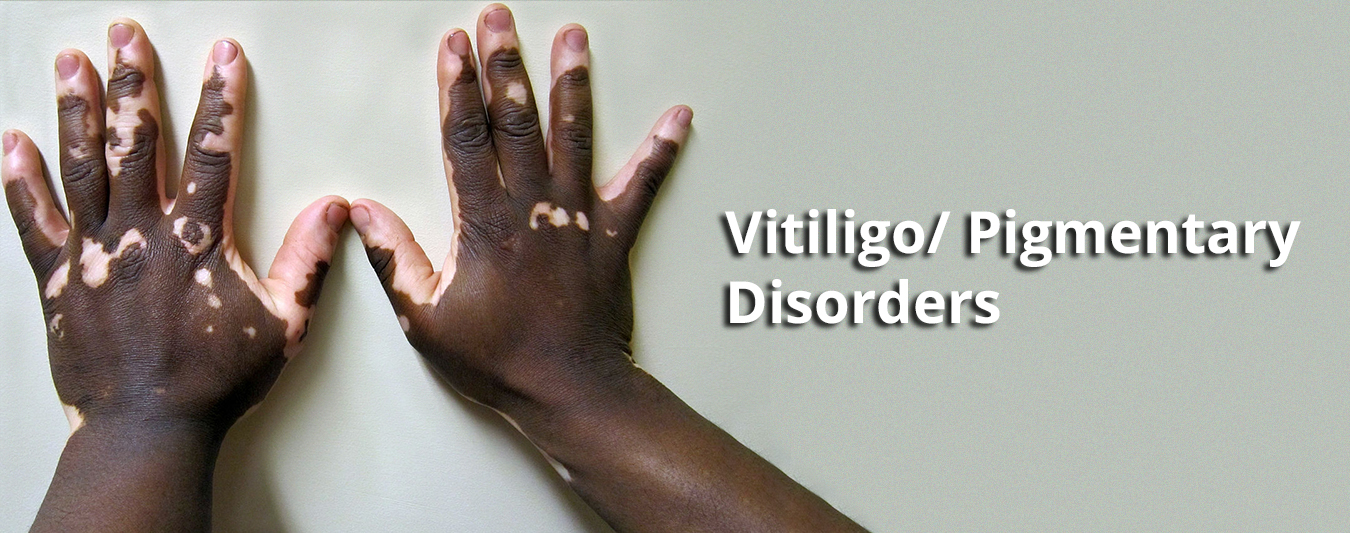
-
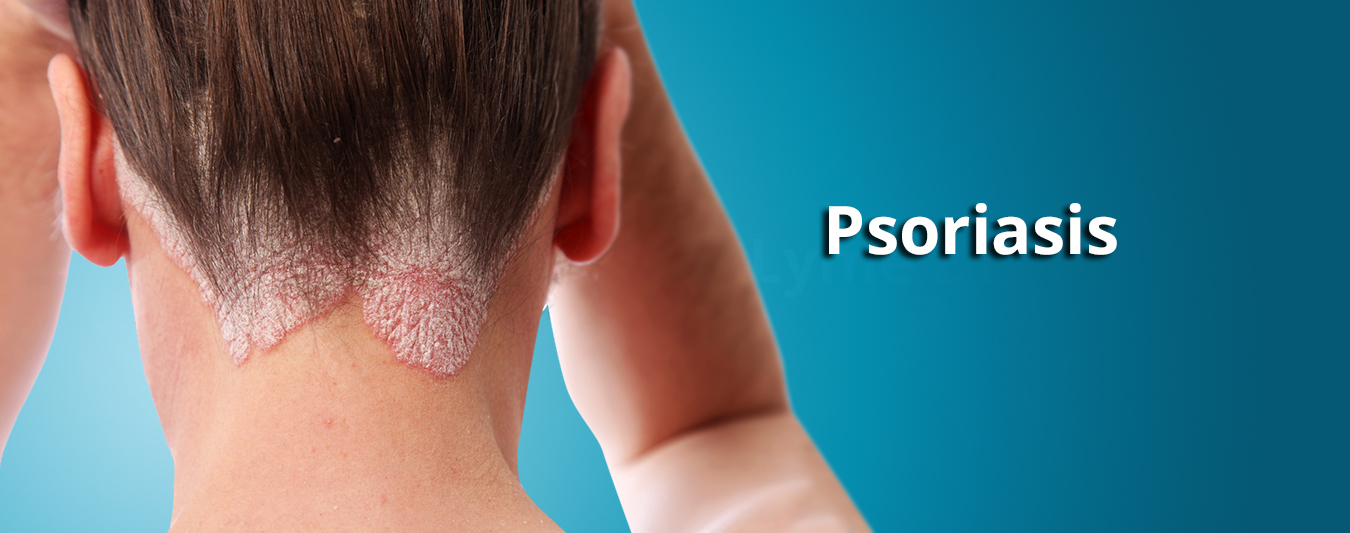
-

-
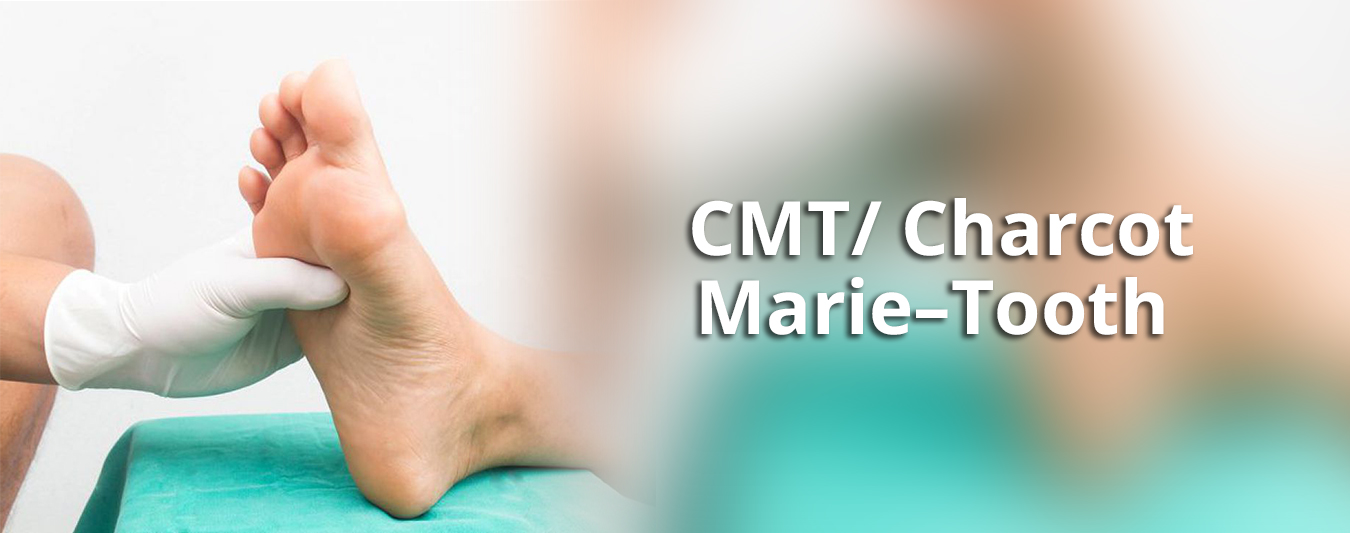
-
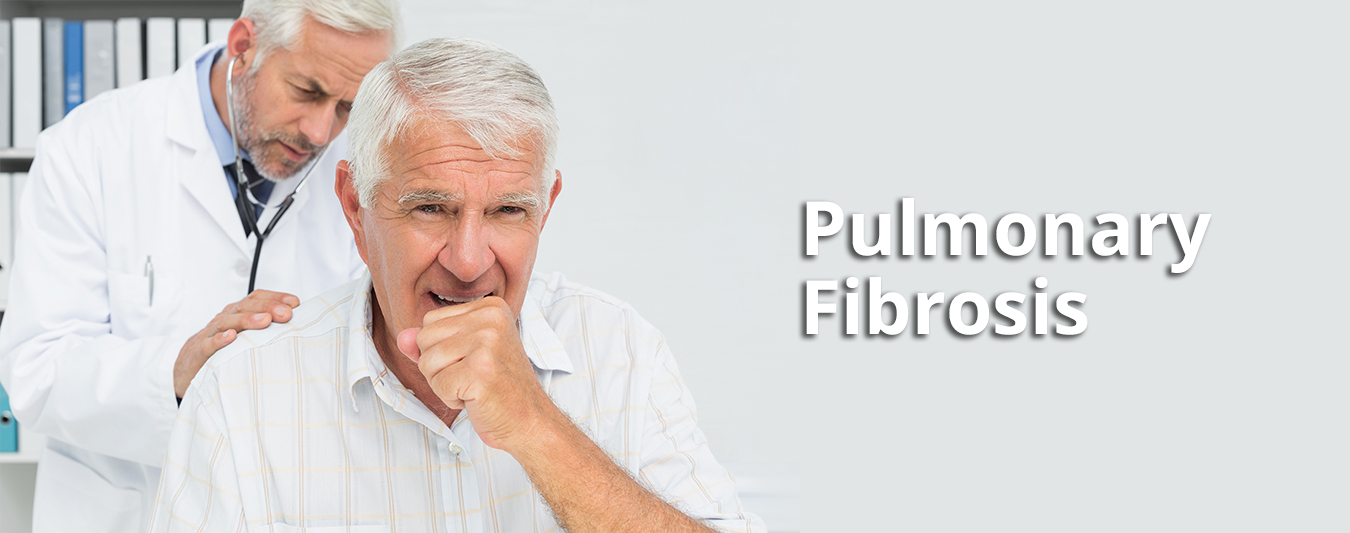
-

-

-

-

-

-

-
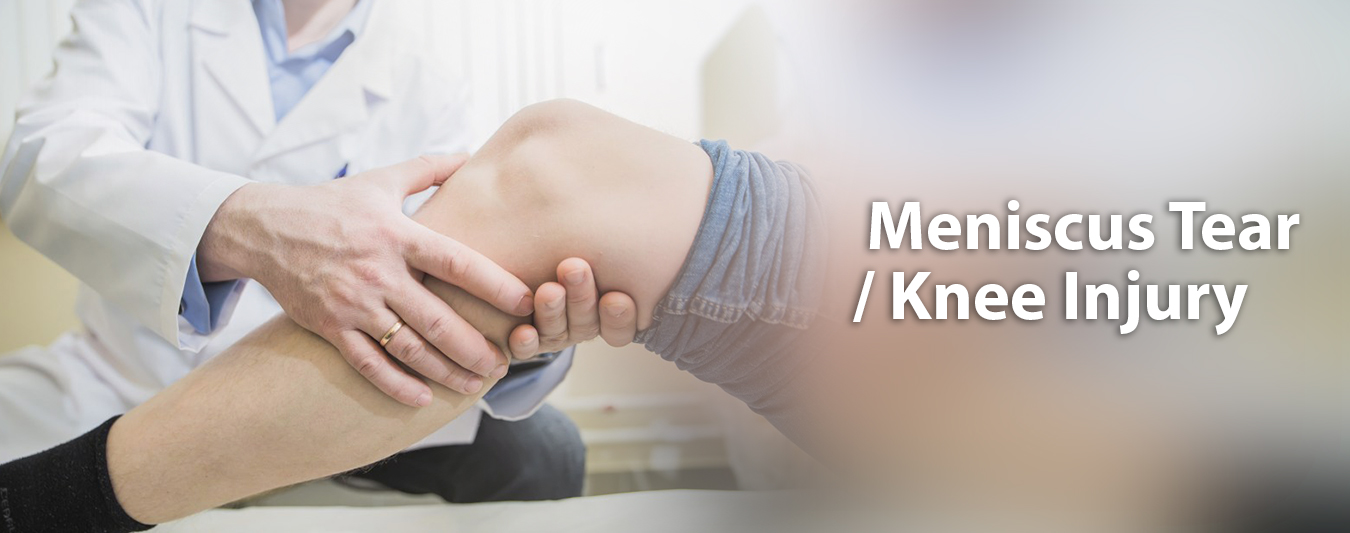
-

-

-
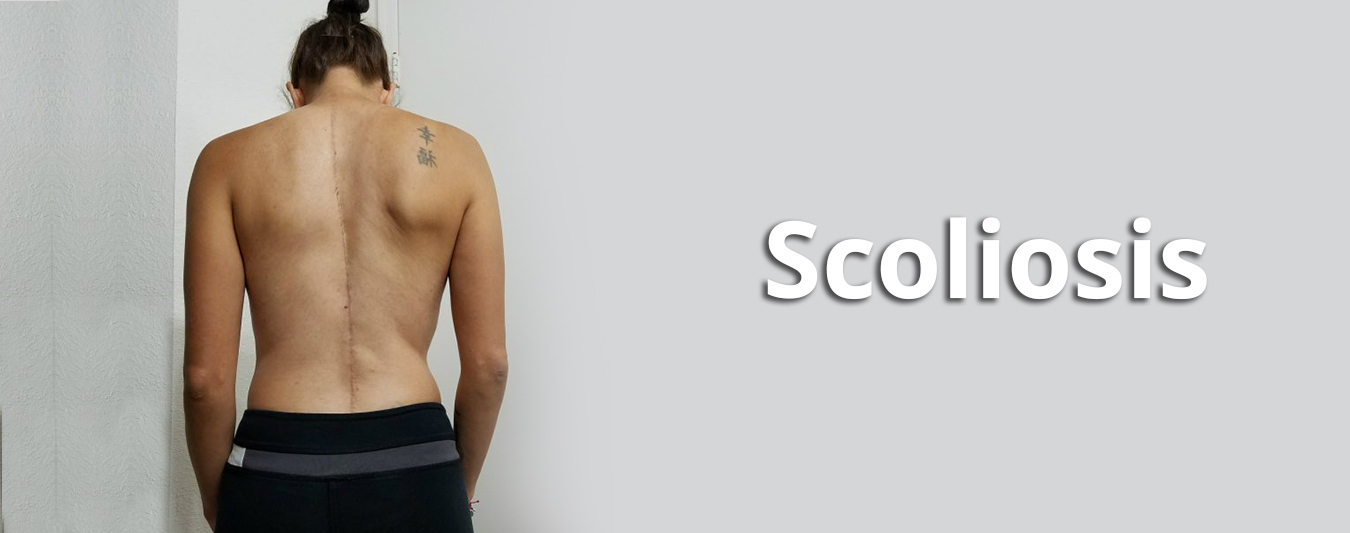
-

-

-

-
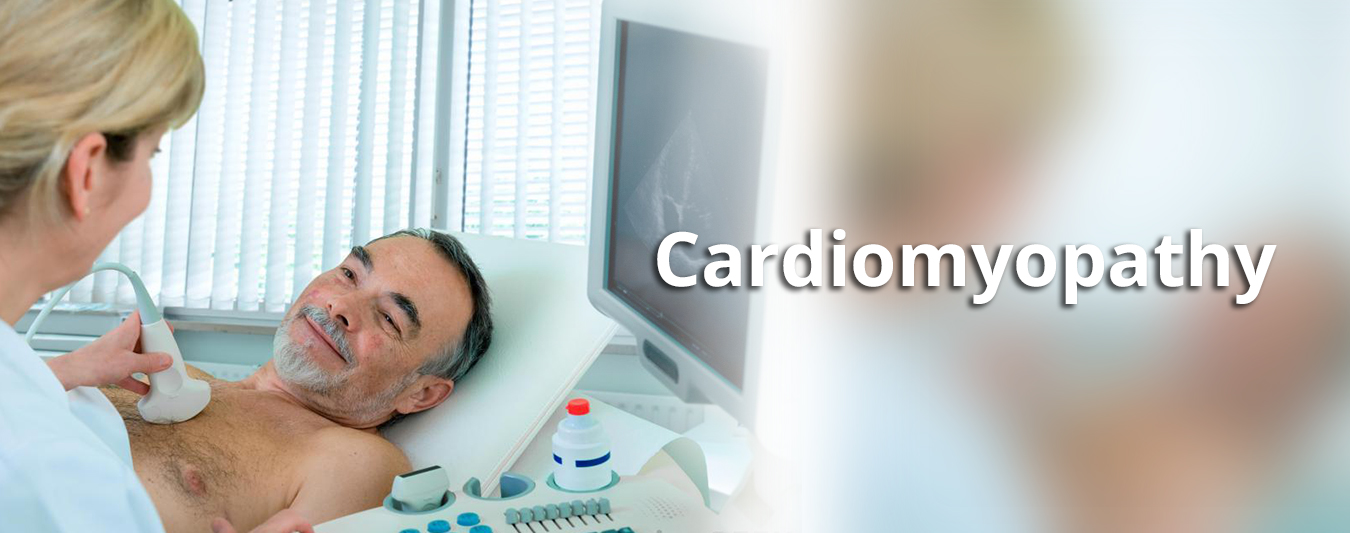
-

-

-

-
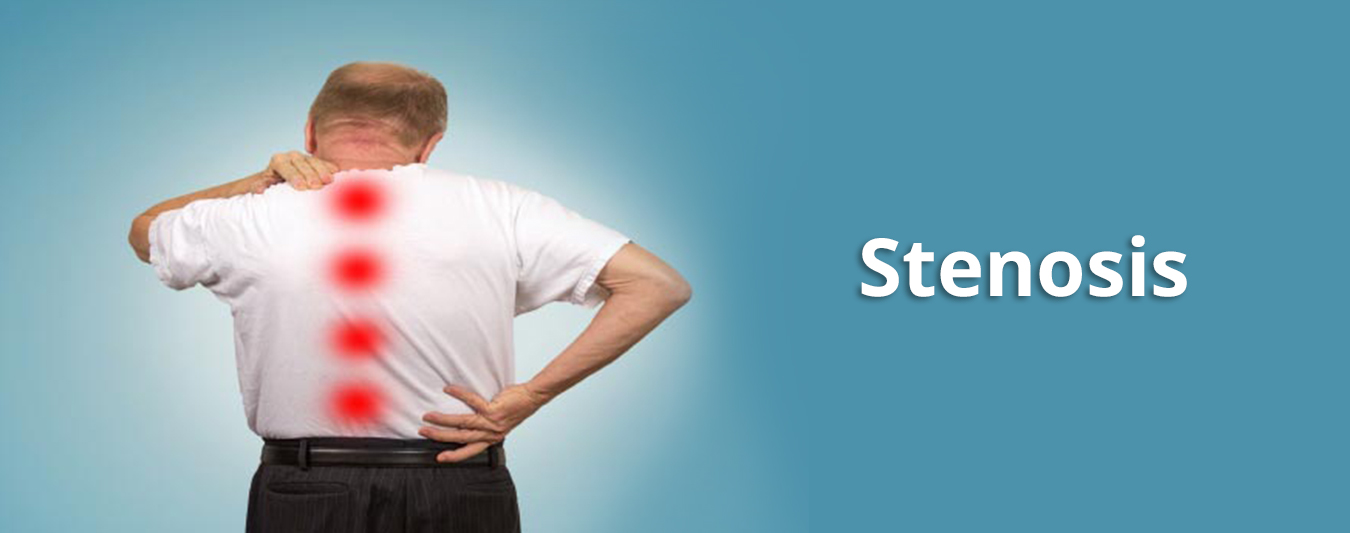
-

-

-

-

-
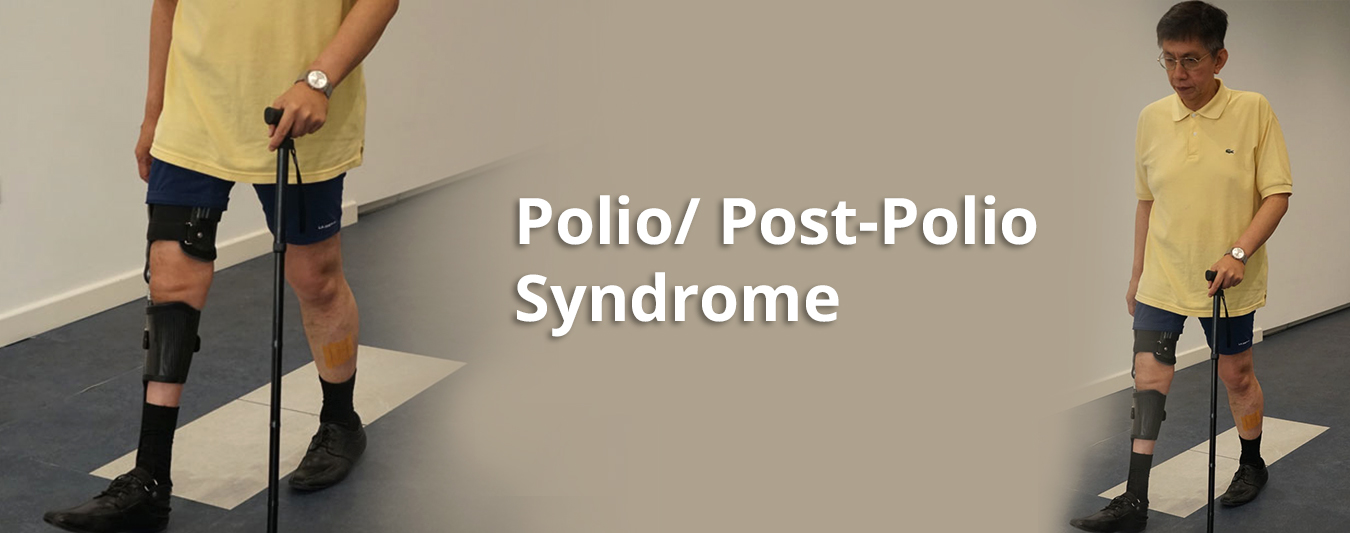
-

-

-

-

-

-

-

-

Parkinsons Disease
- Diabetes
- Parkinsons Disease
- Osteoarthritis
- Rheumatoid Arthritis
- Multiple Sclerosis
- ALS/ Motor Neuron Disease
- Alzheimer’s Disease
- Autism
- Cardiovascular Disease/ Heart Failure
- Tinnitus/ Hearing Loss
- Retinitis Pigmentosa/ Vision Loss
- Spinal Cord Injury
- Stroke
- Cerebral Palsy
- COPD
- Muscular Dystrophy
- Macular Degeneration
- Baldness/ Hair Loss
- Chronic Fatigue
About Parkinsons Disease
Parkinson’s disease is a chronic progressive neurological disease that affects nerve cells that produce dopamine in an area known as the substantia nigra in brain. Dopamine produced by nerve cells, is a chemical (neurotransmitter) which transmits signals and coordinates smooth and balanced muscle movement. Parkinson’s disease causes death of these nerve cells due to which body’s movements get affected.
Parkinson’s disease signs and symptoms can be different for everyone. Early signs may be mild and go unnoticed. Symptoms often begin on one side of your body and usually remain worse on that side, even after symptoms begin to affect both sides.
Parkinson’s signs and symptoms may include:
- Tremor. A tremor, or shaking, usually begins in a limb, often your hand or fingers. You may a rub your thumb and forefinger back-and-forth, known as a pill-rolling tremor. Your hand may tremor when it’s at rest.
- Slowed movement (bradykinesia). Over time, Parkinson’s disease may slow your movement, making simple tasks difficult and time-consuming. Your steps may become shorter when you walk. It may be difficult to get out of a chair. You may drag your feet as you try to walk.
- Rigid muscles. Muscle stiffness may occur in any part of your body. The stiff muscles can be painful and limit your range of motion.
- Impaired posture and balance. Your posture may become stooped, or you may have balance problems as a result of Parkinson’s disease.
- Loss of automatic movements. You may have a decreased ability to perform unconscious movements, including blinking, smiling or swinging your arms when you walk.
- Speech changes. You may speak softly, quickly, slur or hesitate before talking. Your speech may be more of a monotone rather than with the usual inflections./li>
- Writing changes. It may become hard to write, and your writing may appear small.
Until the most recent decades, Parkinson’s Disease can only be treated by medications and surgical procedures. While these traditional treatments can help manage Parkinson’s Disease to some degree, they often bring unwanted side effects (in the case of medications) or risks and high costs (in the case of surgical procedures).
Nowadays, new advanced stem cell treatment such as Stem Cell Therapy Plus is giving new hope to Parkinson’s Disease patients.
Stem cells are those cells that can easily become the cells of different organs where their need arises. This means that stem cells can evolve into cells of the brain, nervous system and other organ & tissues and so to treat degenerative diseases such as Parkinson’s Disease. Stem Cell Therapy is at the heart of a new field of science and medicine called regenerative medicine.
Since stem cells have the unique ability to renew themselves and give birth to generations of cells with different degrees of differentiation, the use of stem cell therapy becomes very encouraging and promising for those who suffer with debilitating diseases. The stem cells can also replace damaged cells in different body parts without any risk of being rejected and without causing any side effects.
Anecdotal evidence shows the stem cells from Stem Cell Therapy Plus can help create dopamine-producing cells which enhance normal communication between neurons and provide a vastly improved quality of life.
Unlike traditional Stem Cell Therapy which can only be applied via injection in the selective hospitals/ clinics, Stem Cell Therapy Plus delivers stem cells through high-tech bio-active softgel capsules which can be shipped in secure packages and delivered right to your home address. The lyophilized (freeze-dried) method employed in softgel capsules produces stem cells which remain biologically active (a proven technique for gently conserving biological substances) without damaging the effectiveness of the valuable, big, bio-active matter. Being enteric coated, softgel capsules by-pass the stomach and dissolve in the small intestine whereby the stem cells and other active ingredients are fully absorbed by the body. Therefore, to receive the results and benefits of Stem Cell Therapy Plus, all you need to do is to take 1 – 3 softgel capsules a day at the comfort of your own home.
